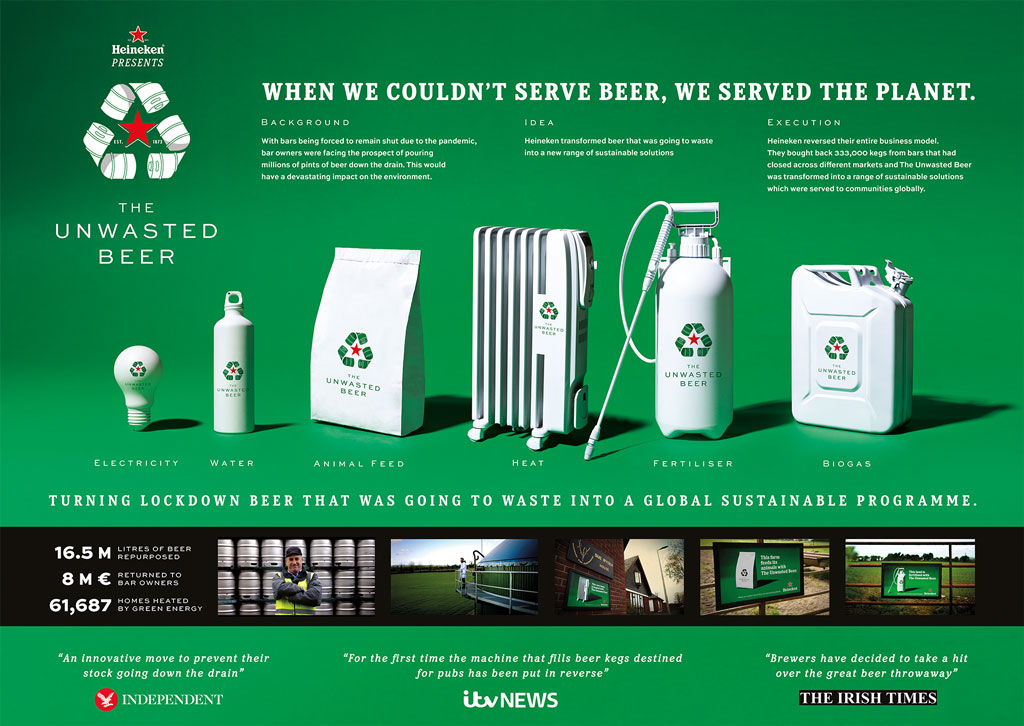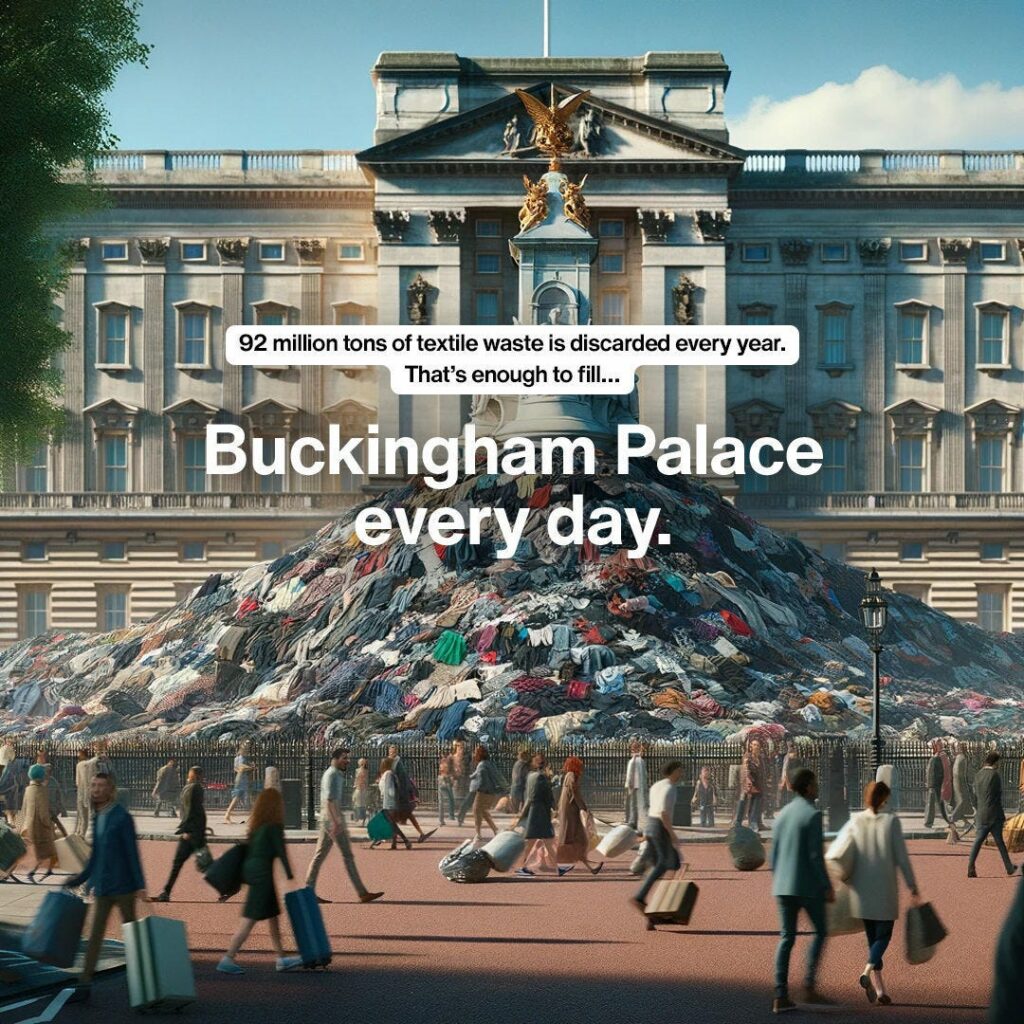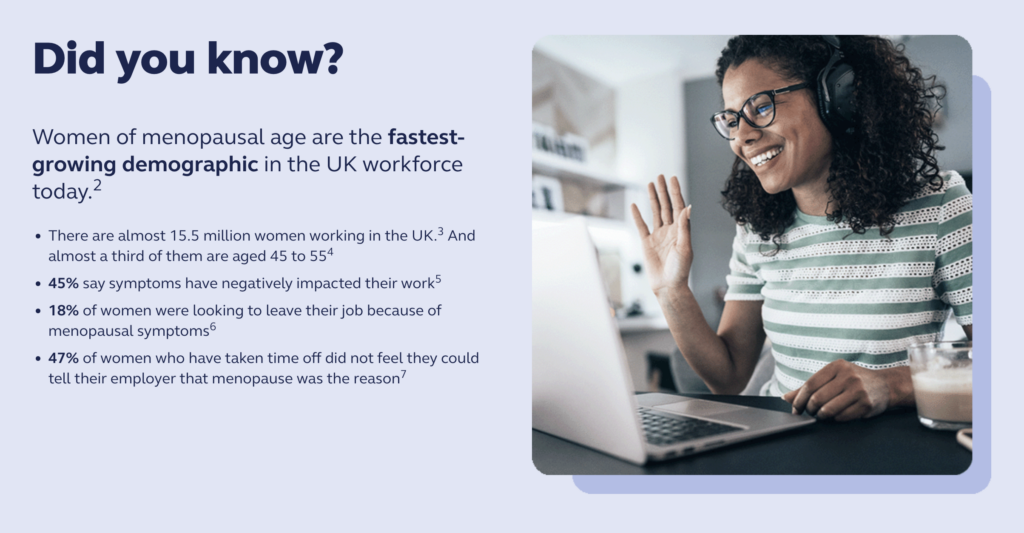Lessons from ethical blunders and brilliance in the wake of the Post Office Scandal
24/1/2024
CSR and ESG have evolved from niche concepts to being at the forefront of brand identity. These terms now reflect how a brand’s ethical decisions not only shape its identity but also its success in today’s market.
The Post Office Scandal has shone a light on how tragic lapses in integrity can derail even the most established institutions. Consumers, growing tired of hollow environmental claims and greenlash rhetoric from big corporations, are calling for genuine action. Yet with a tough financial backdrop forcing triple-bottom line thinking onto the backburner, corporate change-makers may feel as though they have their work cut out for them.
But we believe there’s never been a better time to create real change.
Here you’ll discover 5 stories of both ethical blunders and outstanding effort, that teach us that it’s not just what you do in business, but how you do it that matters.
Let’s dive in.
The Dark Side of Corporate Ethics
Mr Bates vs The Post Office – the choice to protect a reputation at all costs
9.2 million people have watched ‘Mr Bates Vs The Post Office’, making it this year’s top TV show.
It tells the distressing true story of subpostmasters across the UK affected by The Post Office Scandal. Faults within Horizon’s accounting software led to the wrongful accusation and prosecution of many for fraud. The drama portrays the heartbreaking consequences for the innocent involved and the scandal has been widely proclaimed as the UK’s ‘worst misscarriage of Justice’.
Off screen, the Post Office’s denial of software issues, culture of secrecy and unethical practices in and out of court, has led to widespread distrust and outrage.
The reputational damage may well be irreparable.
Brewdog and Deliveroo have also been in the spotlight. Brewdog, facing financial pressures, withdrew its London Living Wage commitment for new employees; an unpopular move with their staff. Meanwhile, Deliveroo emerged victorious after a legal battle regarding the employment status of their workers in 2023. The ruling impacts the unionisation efforts of riders – raising wider concerns about employment rights in the gig economy.
Putting profits first can backfire, harming both employees and the company’s reputation. But there’s a better way: weaving ethical values into the operational, employment, and cultural framework of any company can quickly change the narrative.
We’d also wager that had the Post Office done so, the outcome would have been very different. Because good practice often leads to great results, even in extreme circumstances.
The ‘Unwasted beer initiative’ run by Heineken during the pandemic, is a stand-out example of turning crisis into opportunity. Instead of pouring excess beer down the drain Heineken turned it into biogas. This pivot maintained supplier relationships and aligned with their net zero goals, strengthening their reputation for innovation and responsibility. A win-win.

Boohoo chooses profits over good practice and shuns responsibility
As we’ve seen, when it comes to business ethics creating responsible practices is just the first step – following through is what counts.
Boohoo, the fast fashion e-tailer, earned praise for launching a state-of-the-art textile factory in Leicester, that was set to revitalise UK manufacturing. Yet, only a year later the same factory is under investigation for modern slavery and is earmarked for closure. Leading to a significant drop in their value and reputation.
More recently the fashion giant has been accused of falsely labelling clothes as ‘Made in UK‘ and removing the original labels that stated they were produced overseas. ‘Made In’ labels can influence the purchasing decisions of consumers alongside brand perception. Thanks to the rise of movements such as Labour Behind the Label shoppers are more aware of the implications that origin can have on labour conditions. So when we can’t trust the label, what can we trust?
These incidents all occurred despite the backdrop of promises by brand executives in 2020 to overhaul their ethical practices.
Boohoo’s challenges show us how differences between stated values and real-life actions erode consumer and shareholder trust, and impact profitability. What’s needed to succeed in business today is a clear and direct line between intention and moral action.

Shining a light – Celebrating achievements in ethics from B Corps and beyond.
Vestiaire Collective takes a bold stance and bans fast fashion outright
On the other end of the fashion spectrum is Vestiaire Collective, the world’s first B-Corp Certified luxury fashion resale platform. By reducing emissions, optimising packaging and applying circularity, they report a 90% lower impact for items bought on their platform vs new ones.
They’re not afraid to push the boundaries either.
In 2022 Vestiaire banned fast fashion brands like Zara, H&M and Abercrombie & Fitch from their website, a bold move that could have affected their bottom line. Yet, by taking responsibility for their role in textile waste and aligning their actions even closer to their core mission, they succeeded in creating further credibility and loyalty from users.
Vestiaire Collective’s Impact Reports and Declaration of Non Financial Performance allow them to quantify their impact too, helping them create a global movement that is supported by real metrics.
Impact measurement is one of the best ways to ensure CSR and ESG principles are truly integrated into a business, something our clients experience firsthand through our unique Impact Reporting service.
The good news is that by making changes collectively our impact is magnified. Initiatives like the Buy Social Corporate Challenge see companies like Equans, CBRE and Compass Group invest £1 billion in social enterprises through adjusting their procurement – something we specialise in. Get in touch for a social impact audit to understand the impact you can have by swapping how you source your office supplies.

SimplyHealth takes their commitment to employee wellbeing to the next level
SimplyHealth, the UK’s first B Corp Health insurer, does so much more than just sell insurance. Their collaboration with CIPD, now in its 13th year, offers groundbreaking research into employee menopausal and menstrual health.
Their research shows that the stigma attached to discussing menstrual symptoms and lack of provisions for menstrual wellbeing in the workplace, has left one in four women (23% of the UK female workforce) considering quitting their jobs. Simplyhealth offers advice to other businesses looking to improve their support whilst campaigning for wider change. Their dedication to supporting women helps them stand out and cements their perception as an ethical leader.

Meet the brands working to rebuild lives and improve society
Sodexo, a facilities and food management service, has several award-winning initiatives surrounding food waste and inclusivity. Their “Starting Fresh” initiative, recognised with a Silver ESG award for improving work quality and access, is a pioneering programme supporting the rehabilitation and employability of ex-offenders. Managing seven UK prisons, Sodexo goes beyond advocacy and actually implements solutions for integrating ex-offenders back into the workforce, proving their commitment to societal change.
Redemption Roasters, one of our brand partners, are a unique coffee roastery located in HMP The Mount. They play a crucial role in rehabilitating prison leavers by offering them training and job opportunities in the coffee industry.
Similarly, The Glasshouse offers a transformative opportunity for female ex-offenders, engaging them in horticulture at HM Prison East Sutton Park in Kent. Through this program, women gain horticultural qualifications and receive support in housing and employment.
Both The Glasshouse and Redemption Roasters show us how ethical practices can build value, community, and credibility. Setting a benchmark all businesses should aim for.
The tide is turning in favour of genuine ESG in business, backed up by more rigorous reporting such as the new CSDR directive arriving in Europe this year.
So for those driving change, remember: ethical principles, transparency, and accountability are crucial to building trust and credibility. The good news is that leadership in fostering an ethics-first culture doesn’t have to come from the top. All it takes is for one person – perhaps you – to speak up about the value of doing business well to create ripples of change. So keep fighting the good fight and we promise you, change will come.
At Social Supermarket, we’re here to help change-makers like you, take meaningful action with ease. Partnering with us means you can leverage the buying power of your company to generate social value. Procuring your products, buying employee gifts or investing in branded merchandise from our network of verified social enterprises empowers you to create lasting ripples of change. And we’ll help you create some noise about it in the office too, with impact storytelling campaigns that turn heads.
Get in touch to find out more.
